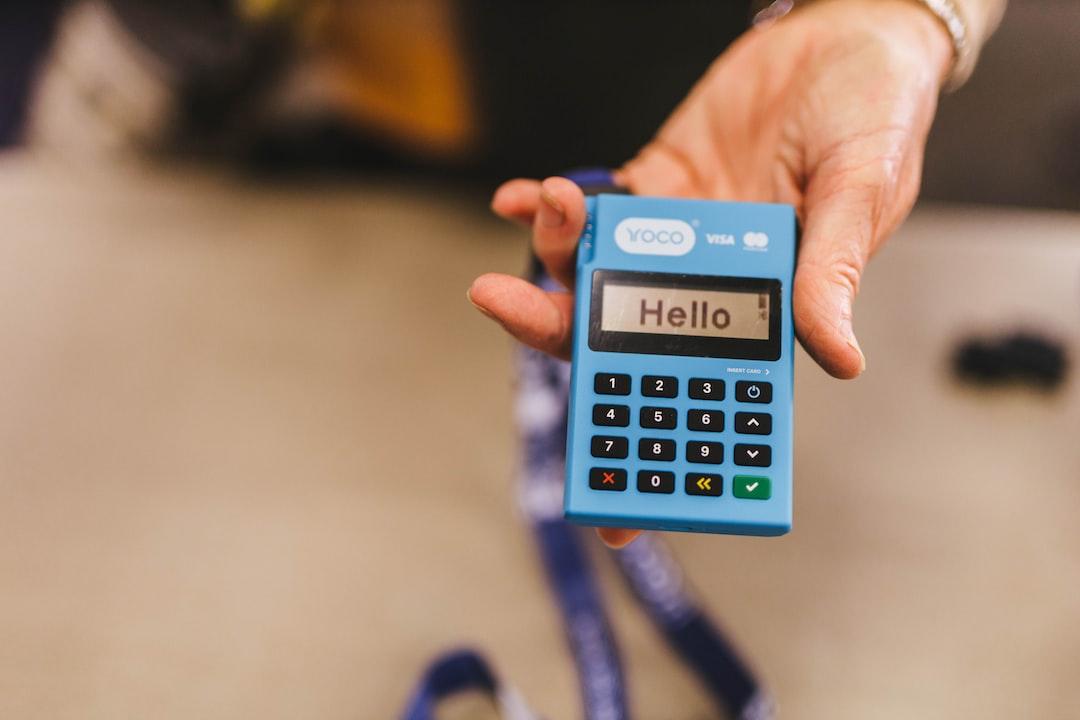Tether’s USDT Now Accepted for Social Security Payments in the Philippines
Tether has launched a novel payment avenue for the Filipino populace, enabling them to fulfill their social security obligations through its stablecoin, USDT.
The Social Security System (SSS), a state-managed insurance program, extends crucial aid to both formal and informal sector employees during times of need. Currently, it oversees two primary schemes: the social security program and the employees’ compensation program.
In collaboration with Uquid, a leading Web3 enterprise specializing in digital commerce and infrastructure, Tether has paved the way for USDT transactions for SSS contributions on the TON blockchain. Uquid leverages blockchain technology and decentralized finance to offer cryptocurrency payment solutions, catering to a vast user base exceeding 260 million across diverse markets.
The growing popularity of stablecoins underscores their pivotal role in mainstream finance. Initially serving as entry points to centralized exchanges, stablecoins have evolved into crucial liquidity providers across centralized and decentralized markets. Advocates highlight their swift transaction speeds and cost efficiency, positioning stablecoins as disruptive forces in the payment sector.
Major players like PayPal introduced PYUSD last year to facilitate seamless, cost-effective transfers within its ecosystem. Similarly, Stripe announced plans to enable merchants on its platform to accept stablecoins for online transactions, starting with USDC on Solana, Ethereum, and Polygon blockchains.
Stablecoins are also gaining ground in institutional cross-border transactions, suggesting potential transformations in conventional financial frameworks. PayPal recently unveiled a feature allowing users to convert PYUSD to USD for fund transfers to recipients in 160 countries.
While stablecoin holdings among investors decreased marginally from 50.2% in December to 42.8% in May, Bitcoin remains the dominant asset class, constituting 26% of total holdings among leading cryptocurrencies as of May 2024. Institutional preferences for Bitcoin over Ethereum persist, fueled by regulatory developments such as the SEC’s approval of Bitcoin Spot ETFs in January 2024.
Retail traders, mirroring institutional trends, continue to favor Bitcoin despite growing optimism around ETH Spot ETFs. Institutional investments in Bitcoin and Ethereum are notably more concentrated compared to retail holdings, with Bitcoin commanding 39.4% and Ethereum 20.9% of institutional portfolios as of May.
In conclusion, Tether’s initiative marks a significant stride towards integrating cryptocurrencies into everyday financial transactions in the Philippines, reflecting broader global trends towards digital financial solutions.

